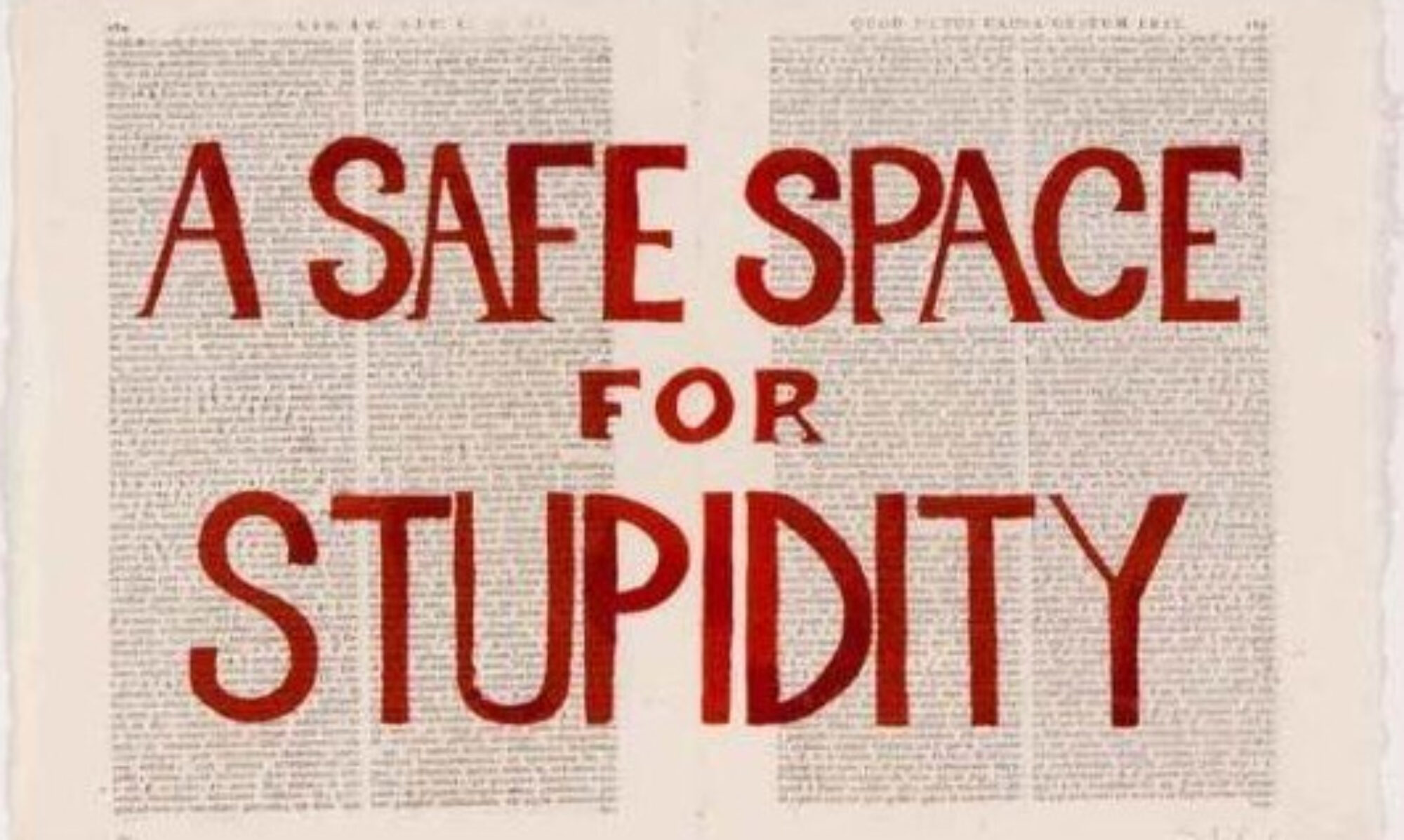There are some short reports from the Convention for Higher Education, with links to videos of talks, here, here, here, and here. These are some thoughts on the convention itself.
The format of talks from experts, combined with input from university staff and students, worked well. A search on youtube will show the range and depth of the topics discussed, with coverage of issues from the political and economic context, to detailed description of the implementation of management practices in UK universities, and accounts of how this implementation has been resisted. The talks are to be published, and will be worth having and studying.
On the other hand, the convention had a limited range of subject areas represented, mostly from some areas of the humanities, with only four people that I met from science (physics, one), engineering (me, one), and mathematics (two), and none at all from business or management, or from areas such as law or medicine (though this might simply reflect the people I met). This had an effect on the language and style of presentation, which was rooted in the discourse used in the social sciences, and which lays itself open to mockery as `political correctness gone mad’, or whatever phrase the Daily Mail uses this week.
It also affected the type of discussion: `academic freedom’ has a very different meaning to a physical scientist or engineer than it does to a philosopher; the pressures on academics in STEM subjects are quite different to those on staff in the arts and humanities, though not necessarily more intense.
None of this is to criticize the people who attended, or those who did not, but it does mean there is a big gap in the campaign. According to HESA statistics, 18% of university academics are in arts, humanities and education, 63% are in STEM, broadly speaking, and 19% are in `Administrative, business and social studies’, which would include some disciplines represented at the convention but also many which were not. It is clear, however, that about two thirds of academic staff had no representation.
If there is to be a meaningful Charter for Higher Education, it has to be written with the involvement of scientists, and with an eye to their working conditions and ways of seeing the world. A good starting point might be to question the idea of `academic freedom‘ and think about a working, meaningful, definition of the term to which academics in any discipline could subscribe.
